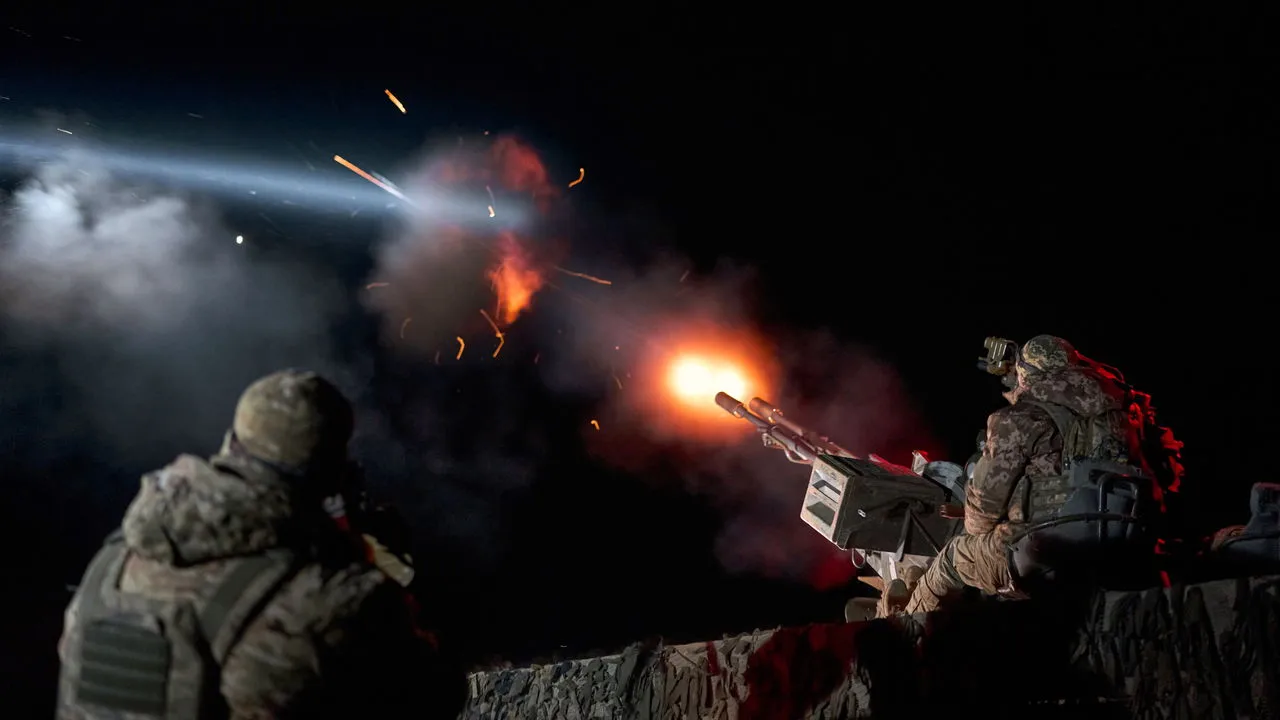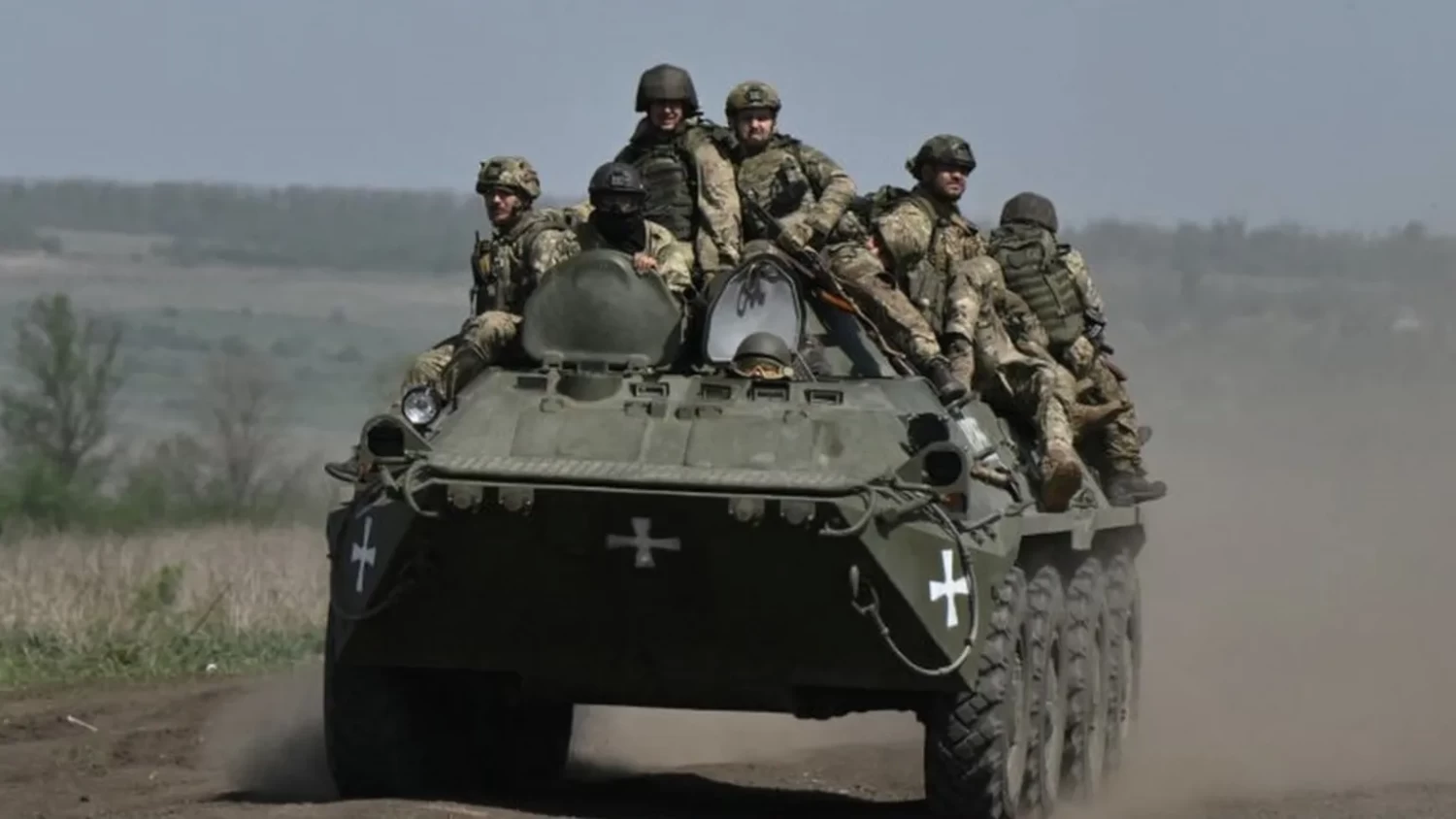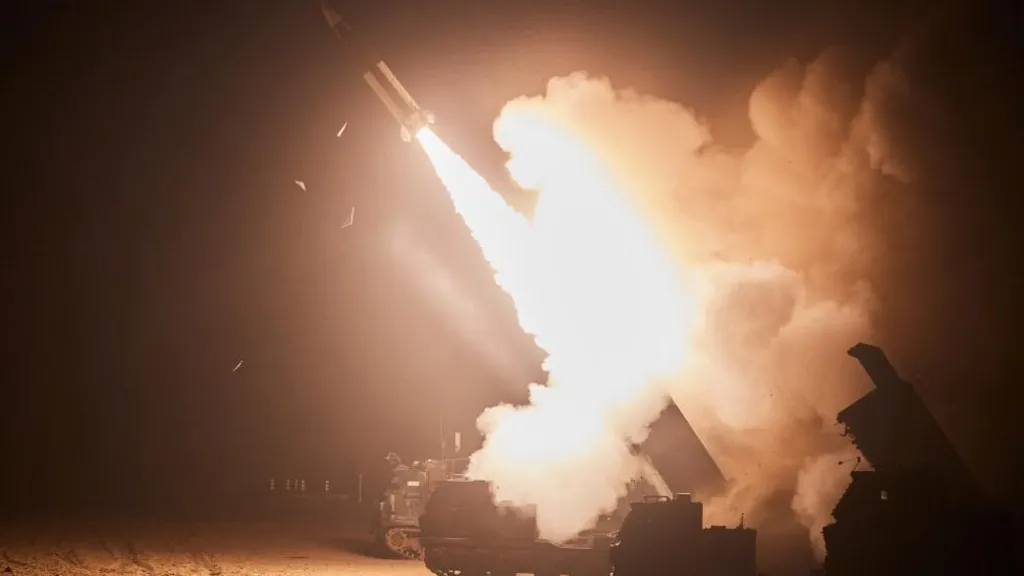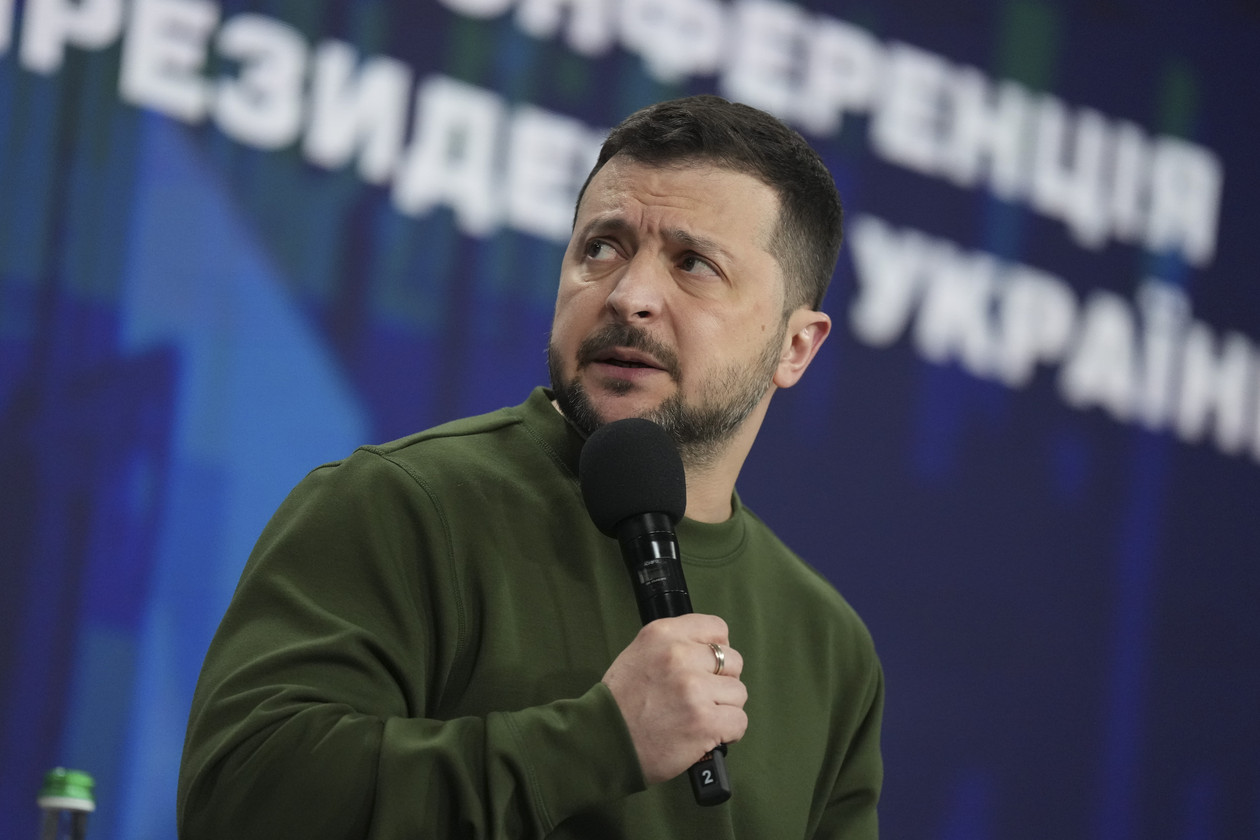Finally, America’s Congress does right by Ukraine

Disaster has been dodged. But the political malaise that delayed the Ukraine funding bill remains
Americans can always be counted on to do the right thing…after they have exhausted all other possibilities.” There is no evidence that Winston Churchill ever uttered this phrase, which is often attributed to him. But if he had been watching Congress on April 20th, he might well have.
After months of bitter wrangling, the House of Representatives passed a bill to appropriate $61bn to help Ukraine defend itself against Russia. It also passed three other bills: one to help Israel; one to deter China from attacking Taiwan; one a grab-bag of measures including forcing the sale of TikTok to a non-Chinese owner. All four bills are now expected to pass the Senate within days, and President Joe Biden will sign them.
That it took so long to do the right thing by Ukraine was disgraceful. Its hard-pressed defenders have been running desperately short of ammunition and air-defence interceptors all year. Russian invaders have been gaining territory by pounding Ukrainian positions with at least five shells for every one the Ukrainians can fire back. Russian missiles and drones are mercilessly bombarding Ukrainian cities, often with “double-tap” strikes that hit civilians first, then the paramedics who come to help the stricken. European powers have cobbled together stopgap supplies of materiel, but without American help, Ukraine would struggle to hold out indefinitely.
As soon as the bill becomes law, it should quickly make a difference on the battlefield. The Pentagon has pre-prepared arms consignments and is poised to deliver them. The first shells could start arriving in a couple of weeks, if not sooner. Confident of their arrival, Ukrainian forces on the ground need no longer conserve ammunition as zealously as before. The chances of a catastrophic Russian breakthrough this year have significantly receded.
Many problems remain, however, both practical and political. The practical ones will be felt first. Some of the larger kit that Ukraine needs, such as anti-missile and anti-aircraft batteries, will take longer to build and ship. For a while yet, too many missiles will get through, and too many Russian warplanes will fly too freely in Ukrainian skies, ready to support ground forces that are expected to make a big push next month. Furthermore, American kit cannot resolve Ukraine’s other military constraint: manpower. Fighting off a giant neighbour has taken a huge toll on Ukraine’s defenders. The recent lowering of the call-up age from 27 to 25 will help, but maintaining morale will require immense skill from Ukraine’s political and military leaders.The political picture in America is, if anything, more complicated. Previous attempts to authorise fresh aid to Ukraine were sabotaged by Donald Trump, whose sway over Republican primary voters is such that few Republican lawmakers dare risk his wrath. A compromise bill in February, which would have combined funding for Ukraine with funding for additional security on America’s southern border, thus answering a Republican complaint, perishedwhen Mr Trump dismissed it as “horrendous”. He could have derailed the current bill, too. Why didn’t he?
There are plenty of Trump supporters who have swallowed some or all of Vladimir Putin’s propaganda: that Ukraine is run by Nazis, that Russia stands for Christian values and against wokery. Plenty more take the isolationist view that every dollar spent supporting a faraway war would be better spent at home, or think that Ukraine distracts America from the real threat, China.
Mr Trump is sympathetic to some of these views, but less extreme than his most vocal fans. Though hardly a model of coherence or consistency, he appears to have balked at letting Ukraine lose, perhaps for fear that the resulting geopolitical mess would land on his desk if he regains the presidency. He may have been swayed by a recent meeting with the Polish president, Andrzej Duda, a fellow populist but one who takes a firm line on Russia. He may also have been mollified by the fact that some of the Ukraine aid is now technically a loan, as he had suggested (albeit on terms so soft as to be hard to distinguish from a grant).
It would help if more Republicans—and more Democrats—could articulate more clearly why helping Ukraine is in America’s self-interest. If Mr Putin is not stopped in Ukraine, he will keep going. If America abandons Ukraine, when the cost is a modest fraction of the Pentagon’s budget and no American blood is being spilled, America’s enemies and friends alike will conclude that Uncle Sam is a fickle protector. China would be more likely to invade Taiwan. Allies such as South Korea and Saudi Arabia would be more likely to seek nuclear weapons, setting off destabilising regional arms races. The surest way for America to bolster global peace and preserve its own credibility is to stick by Ukraine.
With American and European support, Ukraine should be able to hold the line. The West’s defence budgets are rising, its arms factories are expanding. The Russian economy is so much smaller that, even when Mr Putin’s war takes precedence over everything else, it cannot outcompete the free world in the long run. However, Mr Putin is gambling that, sooner or later, the West’s political divisions will hobble its support for his victim. That calamity was averted this weekend. But come November, no one can be sure.
Keywords
Newer articles
<p>Former CNN host discussed ongoing anti-Israel protests on college campuses</p>
MAJOR ANNOUNCEMENT: Buck Palace updates on King Charles’ condition
Tiffany Haddish Says Common Is the Only Celebrity She's Been 'Entangled' With, Claims He Chased Her for 2 Years
Rihanna Is “Keeping it Real Simple” for This Year’s Met Gala
Doja Cat steps onto red carpet in lingerie
US Congress threatens ICC over Israel arrest warrants
Israel fears Netanyahu's arrest over Gaza war as international court considers warrant
Kendrick Lamar escalates Drake feud on the scathing diss track, Euphoria
Tucker Carlson releases interview with Russian philosopher Aleksandr Dugin
Tiger’s heartbreaking daughter revelation




